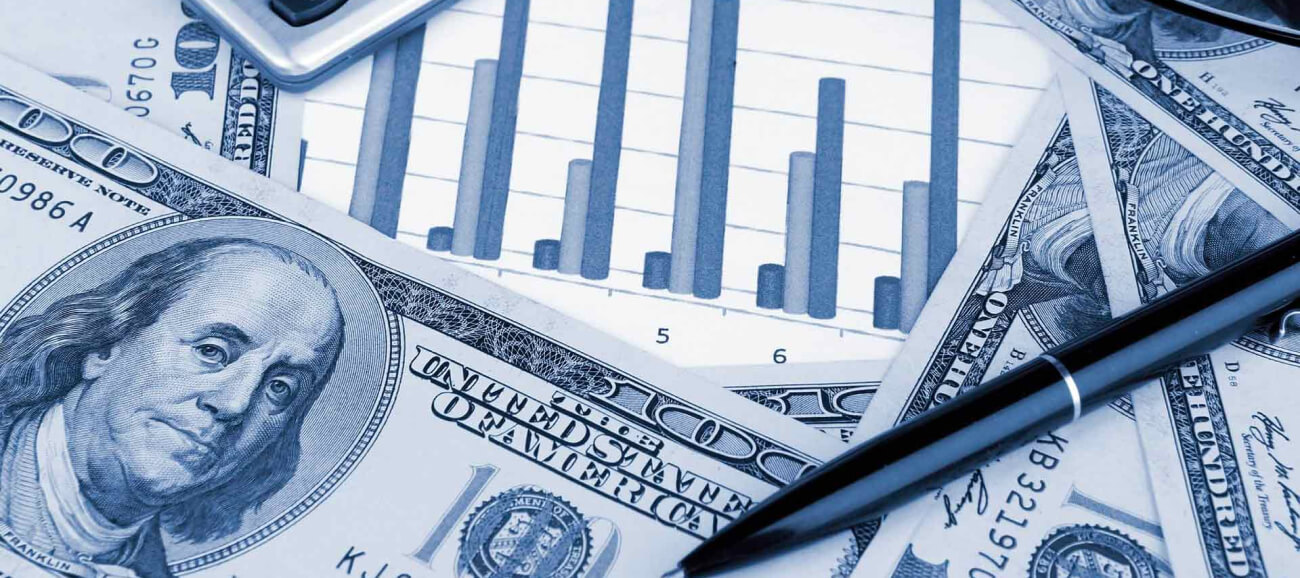

Результаты работы фондов и стратегий за март 2025 года
21 апреля 2025
Управление капиталом
21 апреля 2025
Результаты работы фондов и стратегий
После достаточно унылого с точки зрения американского фондового рынка февраля, после того как популярные аналитики традиционно разделились на три лагеря (одни говорили, что это не коррекция и рынок будет расти всегда, другие – что это начало сдувания пузыря перекупленных американских рынков, третьи – что пузыря нет, а снижение рынка является результатом действий Трампа), март оказался еще более пессимистичным. NASDAQ в марте снизился на 7,3%, S&P 500 – на 5,6%, сдав назад до уровней июля 2024 года (хотя индекс волатильности – VIX – стоял на месте, подсказывая, что паники не было), доллар потерял 4% к евро и 3% к фунту.
Мы в Movchans’ Group, не верящие, что рынки растут вечно, и убежденные, что американские фондовые индексы когда-нибудь должны исчерпать потенциал абнормального роста за счет «лишних» денег в экономике и эффекта позитивной обратной связи, склонялись в марте ко второму объяснению: причина изменений тренда — в потере нефундаментальных факторов роста. Объяснение коррекции лишь влиянием политики Трампа кажется нам неверным – для обоснования достаточно обратить внимание на то, что европейские индексы с начала февраля тоже поменяли свой тренд, а в марте вели себя пессимистично. Но то, что трамповские декларации «новой экономической политики» вносили в марте элемент неопределенности (а в апреле внесли элемент паники), является очевидным; непредсказуемость, слухи, массированная атака на всё, что делает Белый дом, со стороны хорошо скоординированных и контролирующих крупнейшие медиа оппонентов – всё это не могло не привести к негативу на рынках, но явилось триггером, а не фундаментальной причиной.
Внимательные инвесторы при этом не могли не заметить, что общее изменение публичных настроений на рынках происходило (и происходит) на фоне стабильных (хороших или плохих – зависит от точки зрения) экономических показателей и в США, и в Европе, и в остальном мире. Никуда не торопилась ФРС (хотя Трамп, предвидя риски рецессии, уже публично призывал ФРС понизить ставку), инфляция снижалась, цена нефти была стабильной. В апреле, конечно, началась высокая волатильность благодаря многократно декларированному, но всё равно неожиданному ходу Белого дома с тарифами (апрель только дошел до своих ид, но этот ход уже многократно поменялся, и рынки просто не успевают следить за быстротой действий нового президента) – но фундаментально мало что изменилось. Фактически инвесторы продавали на слухах и страхах о том, что может быть произойдет из-за нововведений в политике США – но не на фактах, реализуя первую часть пословицы «Buy gossips, sell news» в обратную сторону.
Здесь можно было бы поспекулировать на теме реализации второй части – будут ли инвесторы так же активно откупать рынок, когда обнаружится, что слухи были преувеличены? Мы не знаем, но думаем (и апрельские новости не меняют нашей точки зрения), что благодаря «триггеру Трампа» мы наблюдаем смену долгосрочного тренда на рынках. Это должно было произойти когда-то — и лучше раньше, чем позже; похоже, эпоха безумного концентрированного роста пришла к своему концу. Похоже, возврата не будет.
***
Несмотря на проблемы рынков, все продукты Movchans’ Group прошли март достойно и в соответствии с ожиданиями:
ARGO SP
ARGO SP показал прирост на 0,65–0,82%, его акции закончили квартал с доходностью 7,0–8,8% годовых. Это выше и целевой доходности, и планов управляющих, поэтому, скорее всего, темпы роста стоимости акций фонда в ближайшем будущем снизятся, тем более что ARGO не является рыночно нейтральным продуктом и не полностью защищен от колебаний рынка.
LAIF SP, FLAG
LAIF SP, а также FLAG и счета, управляемые по этой стратегии, показали 0,52–0,71% прироста стоимости акций; по кварталу доходность составляет 5,7–7,7% годовых, что вполне соответствует доходности с даты запуска (5,8–7,8%). Забегая вперед, скажу: первые две недели апреля принесли стратегии очень высокий доход.
GEIST SP
GEIST SP закончил март снижением стоимости акций на 2,7%; Это сократило отставание фонда от S&P 500 еще на 2,9% (S&P 500 упал на 5,6%). С Нового года стоимость акции GEIST SP снизилась на 2–2,2% против снижения S&P 500 на 4,3%.
ARQ SP
Акции ARQ SP потеряли 0,7–0,8% на фоне драматического снижения американских фондовых индексов. С учетом динамики рынков в апреле снижение стоимости акций ARQ, возможно, будет еще бо́льшим – и это отличный момент для увеличения позиций в фонде, долгосрочные результаты которого, как я уже много раз писал, не зависят от краткосрочной волатильности. Для управляющего это тоже очень удачный момент – новые деньги он может проинвестировать под существенно бо́льшую доходность.
FISTR
На фоне негативного тренда в среднесрочных облигациях стратегия FISTR после очень удачного начала года принесла инвесторам 0,12–0,2% дохода в марте. С начала года стратегия показывает 6,2–7,7% годовых, что выше ожиданий.
Cossack
Наконец фонд Cossack принес инвесторам лишь 0,29% в марте – но это на фоне падения всех своих бенчмарков. Основной причиной снижения доходности стало существенное падение стоимости турецкой лиры из-за политических событий в Турции. За первый квартал Cossack принес 2,2 или 9,1% годовых – результат опять же выше и всех бенчмарков, и целевой доходности фонда.
***
В заключение письма мне полагалось бы писать, как действуют наши управляющие в нынешних условиях. Тут я не могу добавить ничего нового: наши продукты позиционированы исходя из нашего давнего убеждения в конечности рыночной эйфории; мы продолжаем делать то, что делали в последние кварталы – и довольно успешно. Мы стараемся быть как можно более нейтральны к рынкам. Мы повысили уровень защиты от рыночных рисков во всех продуктах, а в остальном продолжаем реализовывать те же стратегии теми же методами. Как показала первая половина апреля, эта логика работает.
Спасибо всем нашим инвесторам за доверие; мы продолжаем работать на сохранность (прежде всего) и доходность ваших инвестиций. Встретимся через месяц и поговорим про американские горки апреля.
Поделиться



